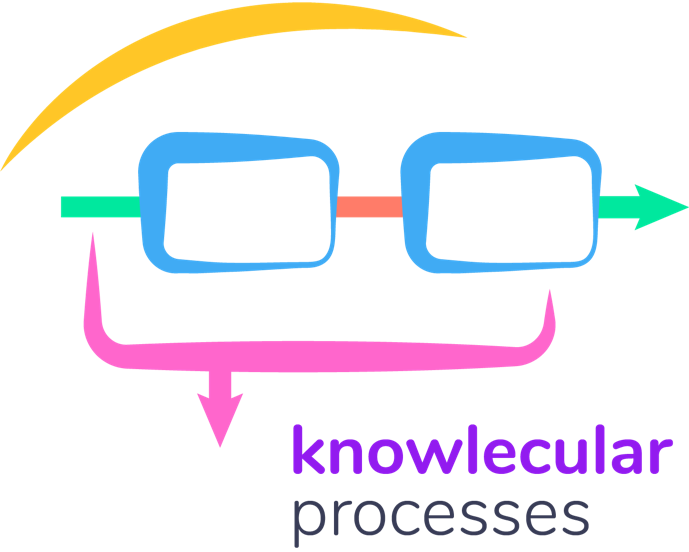3 Key Ways Companies Fail to Leverage Numbers
3 Key Ways Companies Fail to Leverage Numbers
By Darrell Velegol, PhD
2024jul10
In the realm of business decision-making, numbers play a pivotal role in guiding accurate and effective strategies. However, many companies fall into the trap of avoiding or misusing numerical data, leading to internal politics and psychological biases. Here are three critical ways companies fail to leverage numbers, drawing insights from experts like Douglas Hubbard, Phil Tetlock, and Bent Flyvbjerg.
1. Distrust in Their Own Data
A significant number of companies shy away from using numbers simply because they don't trust their own data. This skepticism leads to a reluctance in forecasting, leaving decisions to intuition rather than informed analysis. However, well-established methods like the Delphi method, along with the calibration techniques advocated by Phil Tetlock and Douglas Hubbard, can enhance the reliability of forecasts. By training forecasters to make accurate predictions, companies can mitigate biases and make better data-guided decisions.
2. Relying on Qualitative Reasoning for Quantitative Decisions
Another common pitfall is the reliance on primarily qualitative reasoning to make decisions that are inherently quantitative. This approach often invites power struggles and subjective biases, undermining the objectivity of the decision-making process. Numbers provide a clear, unbiased foundation for decisions, reducing the influence of internal politics. As Hubbard emphasizes in his book “How to Measure Anything”, quantifying uncertainty and risk through proper metrics can significantly improve the quality of business decisions.
3. Neglecting Reference Class Forecasting
Few companies maintain a thorough history of their projects, missing out on the benefits of Reference Class Forecasting (RCF), a method championed by Bent Flyvbjerg, including in his book “How Big Things Get Done”. The RCF technique involves comparing a current project to a database of similar past projects to make more accurate predictions about costs, timelines, and outcomes. By tracking key metrics from idea to launch, including costs and revenues, companies can learn from past experiences and improve their forecasting accuracy. Neglecting this approach means losing valuable insights and investments -- which you’ve already paid for -- that could enhance future project planning and execution.
In conclusion, by building trust in their data, balancing qualitative and quantitative reasoning, and employing Reference Class Forecasting, companies can overcome internal politics and biases, leading to more effective and strategic decision-making.
